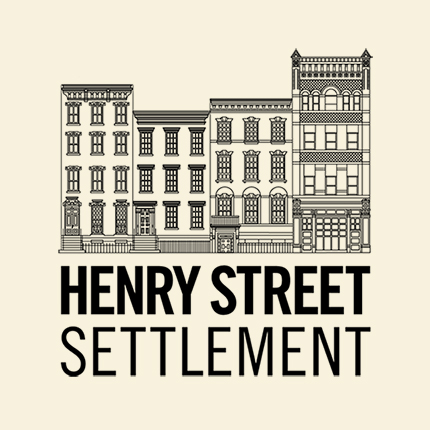Henry Street Settlement opens doors of opportunity for Lower East Side residents and other New Yorkers through social service, arts, and health care programs.
One of the most influential and respected social reformers of the 20th century, Henry Street Settlement founder Lillian Wald (1867-1940) was a tireless and accomplished humanitarian. Born into a life of privilege, and descended from a family of Jewish professionals, at age 22 Wald came to Manhattan to attend the New York Hospital School of Nursing.
In 1893, after witnessing first-hand the poverty and hardship endured by immigrants on the Lower East Side, she founded Henry Street Settlement. She moved into the neighborhood and, living and working among the industrial poor, she and her colleagues offered health care to area residents in their homes for free or for what they could afford. In addition to health care, Henry Street provided social services and instruction in everything from the English language to music.
Wald quickly came to devote herself to the community full time. By 1913, the Settlement had expanded to seven buildings on Henry Street and two satellite centers, with 3,000 members in its classes and clubs and 92 nurses making 200,000 visits per year. The Settlement offered an astonishing array of innovative and effective social, recreational, and educational services.
As headworker of Henry Street Settlement until 1933, Wald drew from global intellectual currents of reform — especially Progressive and feminist networks — as she integrated her Settlement into powerful political networks for social change. During her 40 years at the helm, she established herself as a courageous national leader in campaigns for social reform, public health, and anti-militarism, and as an international crusader for human rights.
Wald established a close community of women—with whom she had both romantic and platonic relationships—at the Settlement. Based on love letters uncovered by historian Blanche Wiesen Cook, we know of two romantic relationships in particular, with lawyer Helen Arthur and Mabel Hyde Kittredge, who helped Wald in her effort to initiate a public-school lunch program. Wald called her supportive community of women “the Family.” Understanding these support networks is essential to understanding Henry Street’s founding days and the legacy of the organization.
Wald pioneered public health nursing by placing nurses in public schools and by helping found the National Organization for Public Health Nursing and Columbia University’s School of Nursing. The visiting nurse service started by Wald at the Settlement broke off as a separate entity in 1944 and became the Visiting Nurse Service of New York.
Wald was also an advocate for children, labor, immigrant, civil, and women’s rights. She helped institute the National Association for the Advancement of Colored People (NAACP), the United States Children’s Bureau, the National Child Labor Committee, and the National Women’s Trade Union League. A champion of local causes such as Seward Park’s playground and global issues such as bans on child labor and access to health care, Wald encouraged all citizens to act on their own responsibility to all of humanity.

